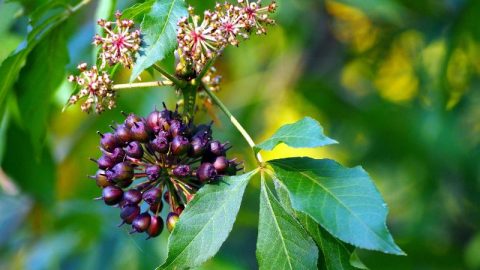Welcome to CannaGlobe’s Weekly Hit, your preferred guide to the world of good health through Cannabis and Mushrooms.
If you’re like me, you’ve heard about the importance of B vitamins for a while now. Today we will focus our attention on vitamin B6. Pyridoxine, pyridoxal, and pyridoxamine are all forms of vitamin B6, a type of B vitamin essential for the proper metabolism of sugars, fats, and proteins, as well as the development of the brain, nerves, and skin. This vitamin is found in foods such as cereals, legumes, and eggs, and is also manufactured synthetically. Vitamin B6 is commonly used to address deficiency and is included in many vitamin B complex products. It is also utilized for a range of conditions including heart disease, PMS, depression, morning sickness, Alzheimer’s, menstrual cramps, and diabetes, though many of these applications lack strong scientific validation.
Vitamin B6 is crucial for mood regulation, helping produce neurotransmitters like serotonin, dopamine, and GABA. It also lowers homocysteine levels, which are linked to depression and psychiatric disorders. There is a connection between low B6 levels and depression, especially in older adults. Older adults with low B6 levels have twice the risk of depression.
It might also improve brain function and reduce Alzheimer’s disease risk by lowering homocysteine levels. High doses of B6, B12, and folate reduced homocysteine and brain atrophy in areas vulnerable to Alzheimer’s. B6 might also reduce rheumatoid arthritis symptoms by lowering inflammation.
B6 is essential for hemoglobin production, which helps prevent anemia. Low hemoglobin causes anemia, weakness, and fatigue. Studies link low B6 levels to anemia, particularly in pregnant women. It may also treat PMS symptoms like anxiety, depression, and irritability. A three-month study of over 60 women found that 50 mg of B6 daily improved PMS symptoms by 69%. B6 is used to relieve nausea and vomiting during pregnancy and is a key component of Diclegis, a morning sickness medication. B6 significantly reduces nausea.
Vitamin B6 may help prevent heart disease by lowering homocysteine levels. Research shows that people with low B6 levels have nearly double the risk of heart disease. Studies indicate that B6 can reduce cholesterol levels and prevent artery blockage.
Adequate B6 intake may also lower the risk of certain cancers, possibly due to its anti-inflammatory properties. A review of 12 studies found that high B6 levels were associated with a nearly 50% lower risk of colorectal cancer. Other studies link high B6 levels to a lower risk of breast cancer, especially in postmenopausal women.
Vitamin B6 might help prevent eye diseases like age-related macular degeneration (AMD). A seven-year study of over 5,400 women found that B6, B12, and folate supplements reduced AMD risk by 35-40%. Low B6 levels are also linked to retinal disorders.
Vitamin B6 influences multiple body systems, offering numerous health benefits:
– **Improved Circulation**: By maintaining normal levels of the amino acid homocysteine, vitamin B6 can help prevent heart problems associated with high homocysteine levels.
– **Enhanced Immune System**: Vitamin B6 supports chemical reactions in the immune system, enhancing its efficiency and helping protect against infections. Research in older adults has shown that low vitamin B6 levels correlate with a weaker immune response.
– **Reduced Morning Sickness**: Some studies suggest that vitamin B6 can help alleviate nausea during pregnancy, although it doesn’t significantly impact vomiting.
– **Improved Mood**: Vitamin B6 is necessary for the production of serotonin, a hormone that boosts mood. Deficiency in vitamin B6 has been linked to depression in some studies.







